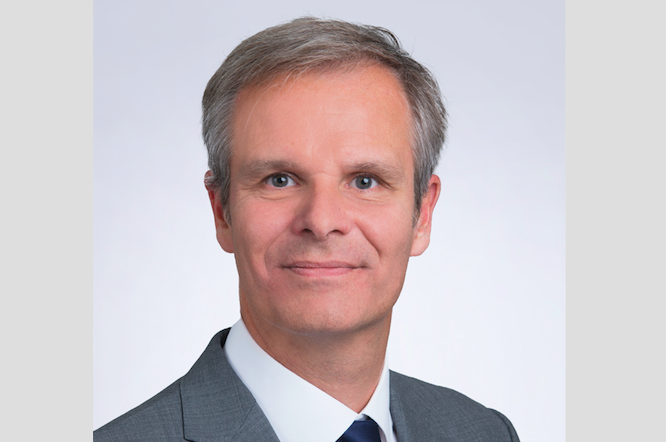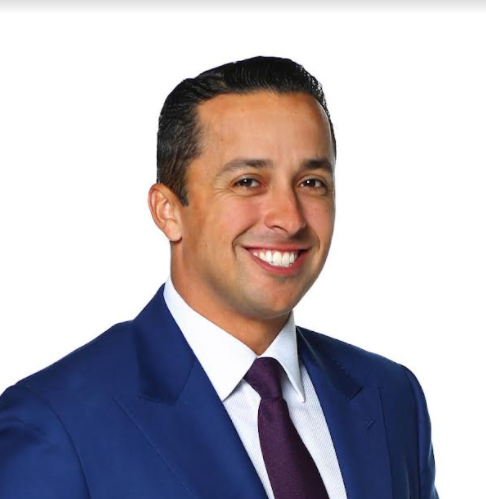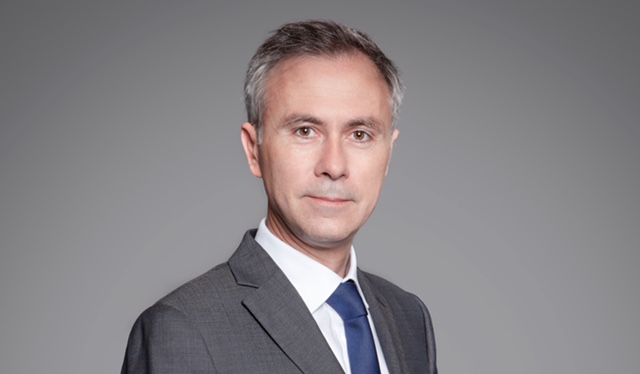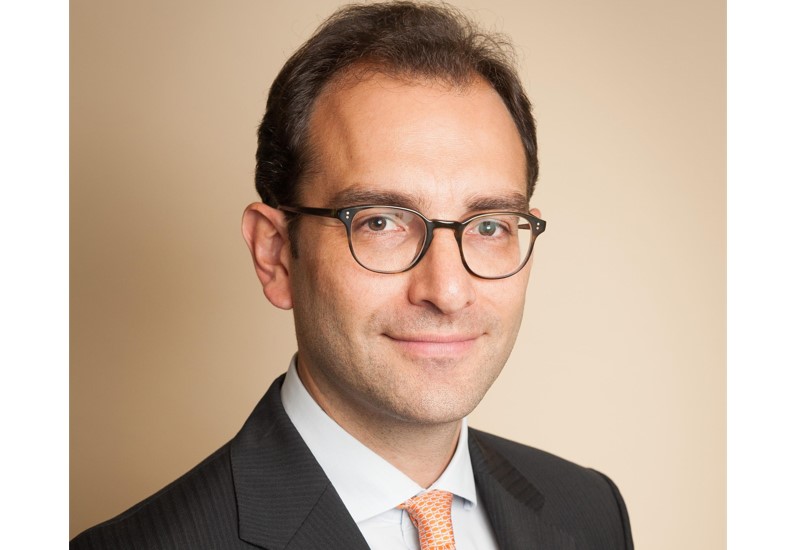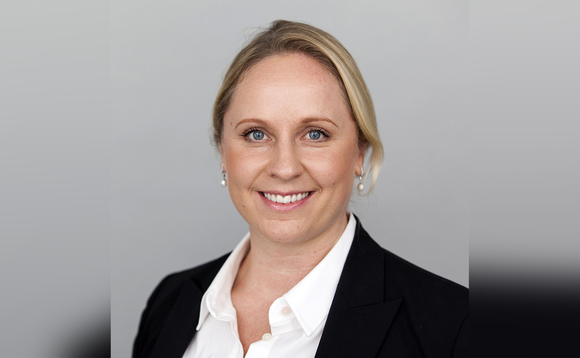Segmentation, Internationalization and Technology: SURA AM’s Priorities as 2021 Draws To a Close
| For Javiera Donoso | 0 Comentarios
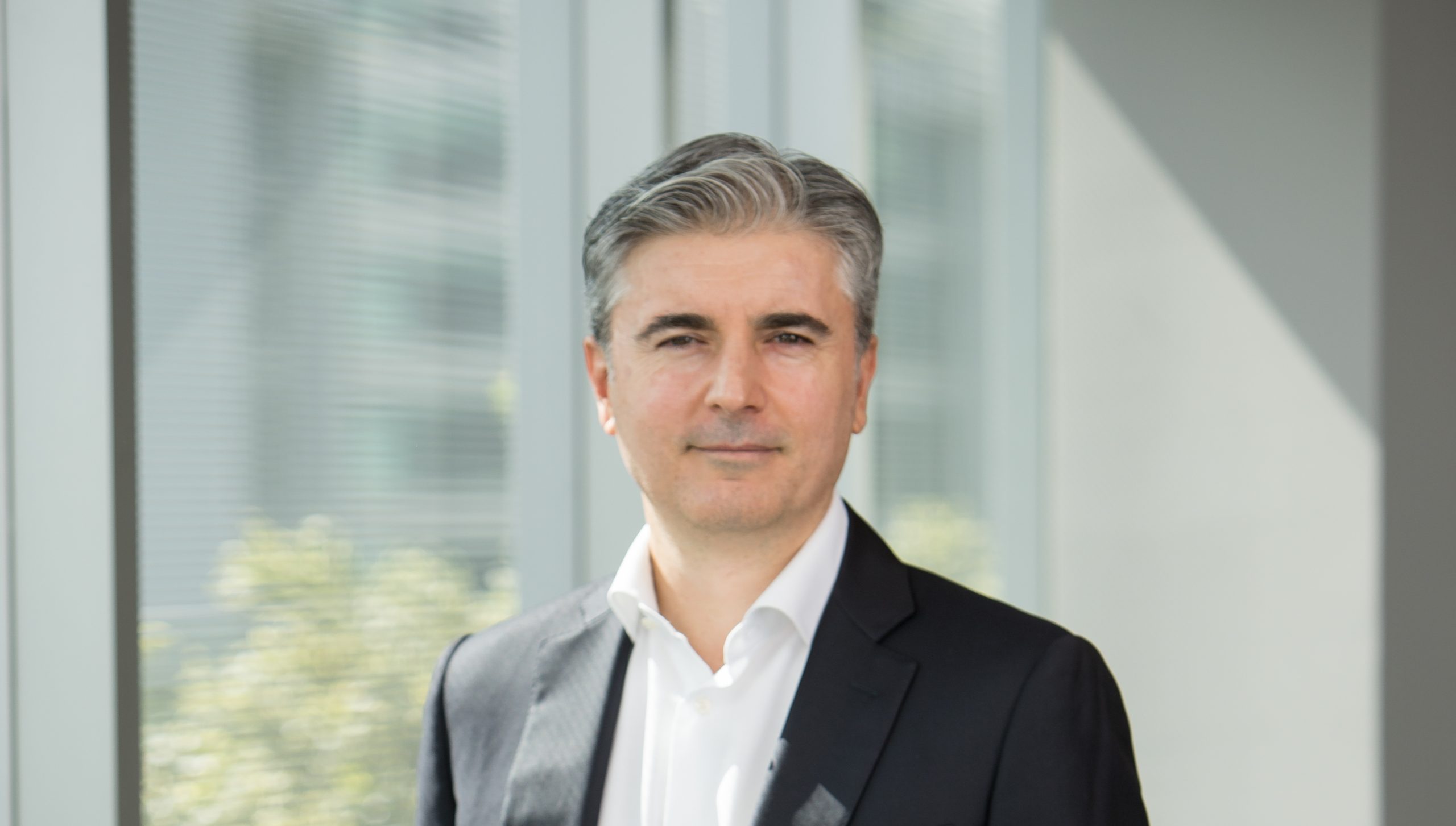
A few days away from closing the door on 2021, SURA Asset Management is happy with its results. Having 21 million clients throughout Latin America and the expectation of closing the year with an AUM growth of between 4% and 5% -which leaves them with close to 150 million dollars-, the firm describes this as “a good year”. Now, close to the arrival of 2022, the firm’s CEO, Ignacio Calle, comments in an interview with Funds Society on the plans and priorities of Grupo SURA’s asset management arm for the short term.
For the executive, this has been a year of “tremendous recovery” in the region in general, in a period where “people have realized the importance of saving”. Therefore, going forward, the Colombian firm is strengthening the offer for its different client segments, relying on tools such as advanced analytics to manage the process.
Latin American affluent
SURA AM’s targeted offering efforts are aimed at its three main client segments. While they have plans for the mass – which includes investors with less than $30,000 of investable wealth – and high net worth – where the most sophisticated capital tends to be – it is the middle group that most catches their attention at the moment.
In their own nomenclature, at SURA they call the group of clients with between $30,000 and $1 million “affluent”. “It is a very important segment for us,” Calle explains, adding that it is “the main segment” they are working on. That range of investors, he says, is one where they feel “very competitive” and where they are focusing their search with a reinforcement of analytics. The goal is to be able to carry out a multi-channel onboarding that allows the use of the infrastructure of SURA’s different platforms.
Offshore business
Internationalization is one of the main pillars of SURA’s growth plans. With its SICAV already installed in Luxembourg, the firm expects to migrate its main funds to the prestigious European market in the short term. “The idea is to start locating them between this quarter and the first quarter of next year,” describes the executive.
Initially, reveals Calle, the pioneering products will be Latin American fixed-income and equity funds, with a focus on the Pacific Alliance markets. In the future, they do not rule out the possibility of expanding this offer. On the international investments side, the firm’s top executive points out that they have almost doubled the AUM they had in offshore products on international platforms, such as Pershing.
“A part of the population that previously did not have access to the offshore market has been growing into that segment,” he says, and this increased diversification has been supported by more products with “adequate” costs for clients.
Other markets
Regarding the next steps in SURA AM’s internationalization, there are two countries that are drawing their attention, in particular: Brazil and the United States.
In the case of the Latin American country, the fund manager’s idea is to enter from the Investment Management business, where they concentrate their institutional business, offering Brazilian fixed income and equity products to complement their current offer, anchored in the Pacific Alliance.
As for the U.S., they are evaluating the opening of an office. Although it is an idea they are sounding out, and there are no definite formulas, the CEO explains that the idea is to have a registered advisor in the country.
A technological focus
An important part of SURA’s future plans is technology. Although the pandemic accelerated the company’s digitalization process, to the point that 97% of transactions are now carried out digitally, the fund manager plans to develop new tools. According to Calle, they are currently working on an investment platform based on robo-advisory technology. Through this tool, a robot would build and modify people’s portfolios to meet their financial goals over time, based on the onboarding process and the client’s profile.
“We have some levers for technology, which are advanced analytics, artificial intelligence, mobility, digitalization and robotics,” he highlights. Along these lines, SURA AM plans to make an investment of around 60 million dollars over the next five years. That is only the in-house investment, emphasizes the executive, which does not rule out that there may be growth on the inorganic side.
Looking at the opportunities offered by the fintech world, Calle assures that there is room to work with these technology companies, either through alliances or acquisitions.

